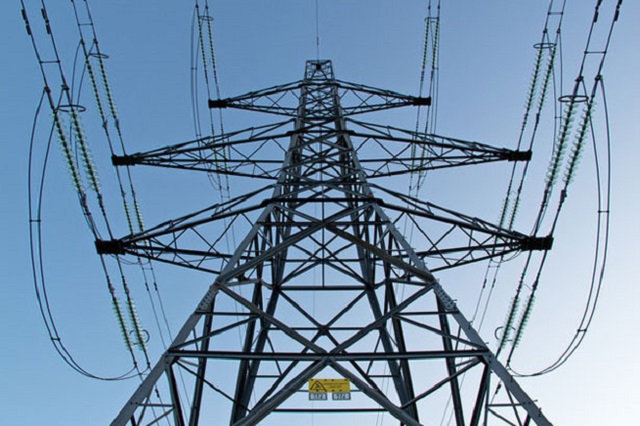Commentary: Energy projects help boost economic growth

The Duterte administration has taken some laudable steps toward creating a reliable and competitive energy sector. Philstar.com/File photo
It can’t be stressed enough how a working energy sector will play an integral role in the Philippine growth story. This country will need to double its power-generating capacity over the next ten years if it wants its manufacturing and infrastructure expansions to see the light of day. According to the Department of Energy, the Philippines will need to increase its capacity by around 44,000 megawatts by 2040 to support the projected increase in demand. That’s adding an average of almost 2,000 megawatts a year.
This administration has taken some laudable steps toward creating a reliable and competitive energy sector. Executive Order No. 30 is one example. Nevertheless, for the Philippines to reach 44,000 megawatts will be no small feat. As it is, it takes three-four years to build a plant, not counting the many extra years spent in securing permits and the approval to dispatch power post-construction. The government will need to do away with other obstacles if is to sufficiently power our economic growth.
Declogging the pipeline
One hitch in the current system is in the delays in approving power supply agreements (PSAs) between generating companies and distribution utilities or the issuance of certificates of compliance to plants before they operate. There are presently over 50 PSAs that have been waiting for the Energy Regulatory Commission (ERC)’s approval since last year. These PSAs alone represent over 4,000 megawatts of additional power capacity—equivalent to almost 10 percent of the government’s 2040 goal.
Yet, the delays in the ERC approval of these agreements have already led some manufacturers and other businessmen to call for immediate action on these PSAs. It’s understandable, since further delays could lead to an instability in their power supply and threaten their operations. It is too bad about the uncertainty, as this is precisely the growing sector that the government wants to encourage. Rather than the laggard of previous years, Philippine manufacturing was the second-fastest growing in ASEAN in the first quarter of this year.
Energy projects of national significance
On the positive end, Executive Order No. 30 was issued on June 28, 2017. The EO establishes the Energy Investment Coordinating Council (EICC) to spearhead the government’s efforts to streamline the regulatory process for energy investments. Chaired by the Department of Energy, the EICC also has representatives from the Department of Environment and Natural Resources, Department of Finance, Department of Transportation, Department of Justice, and a handful of other permitting agencies.
EO 30 directs these agencies to act on applications for permits involving Energy Projects of National Significance (EPNS) within thirty days. What makes a project an EPNS? The order defines these as major DOE-endorsed energy projects that are in consonance with specific goals of the Philippine Energy Plan. These might mean energy projects that require significant capital investment, contribute to economic development, have consequential economic impact, or have significant positive impact on the environment. In sum, the task force to establish a simplified approval process for permits and licenses to fast track the implementation of big-ticket energy projects. Undoubtedly good news.
Unfortunately, the EO is focused on streamlining the issuance of permits only leading up to construction. It doesn’t clearly reduce the delays that come up once the plants have already been built, such in the approval of power supply agreements. In the spirit of E.O. 30, it hardly makes sense to fast track new power plants only to have them closed for years once built. Hopefully, when the EICC convenes to craft the rules, regulations and processes that implement the order that they see it the same way. If it doesn’t, the energy pipeline will stay sluggish.
Paco Pangalangan is Secretary-General of CitizenWatch Philippines
- Latest


























